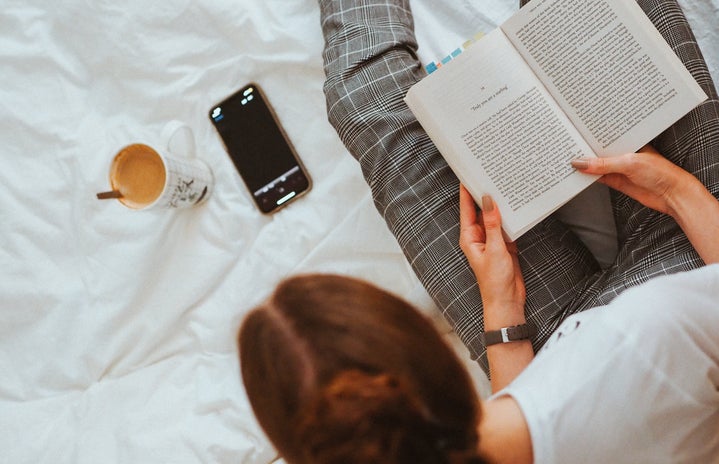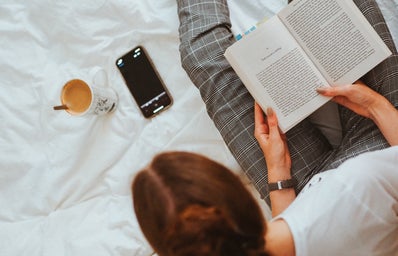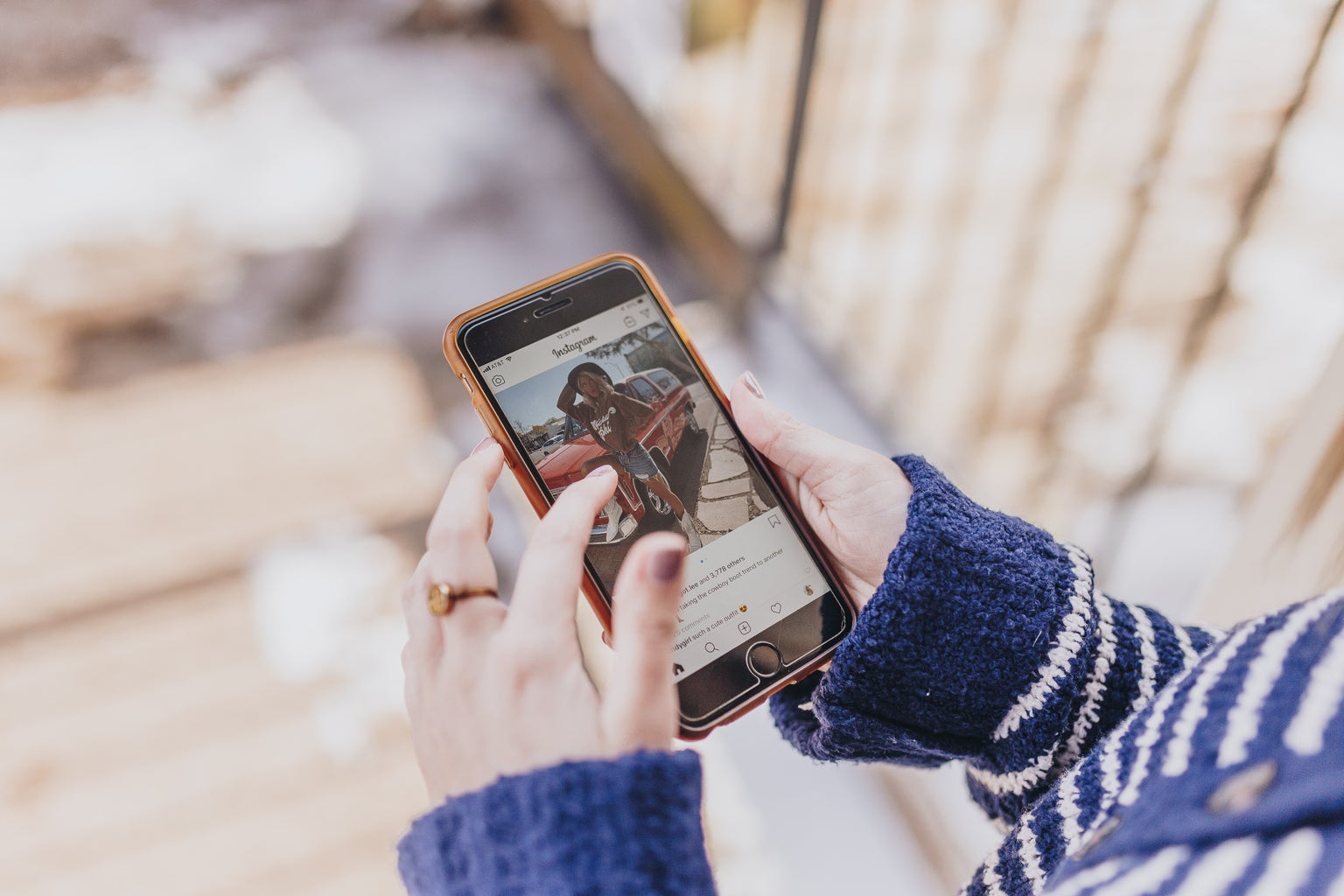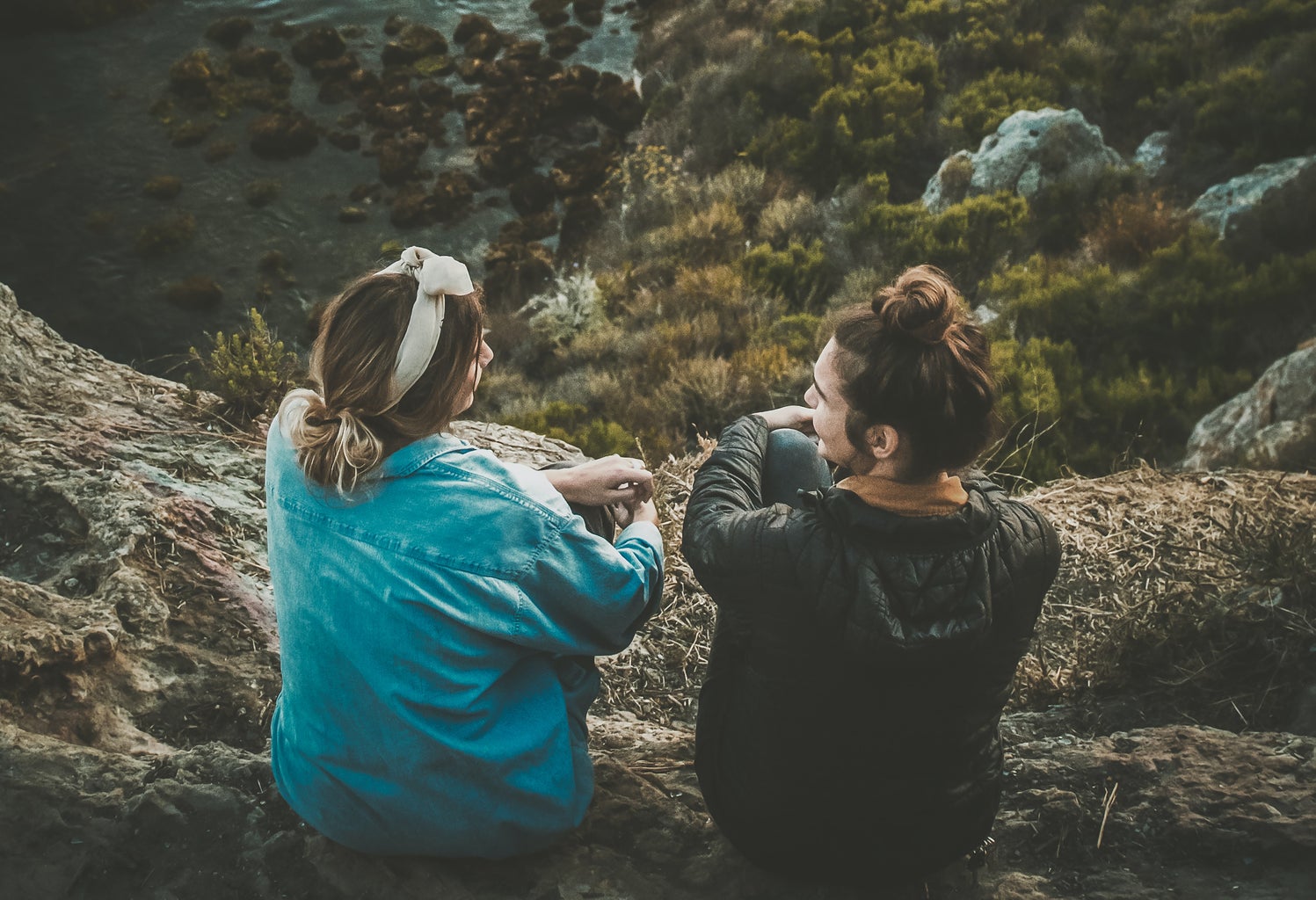There wasn’t a singular reason why I had to break it off with Instagram.
For most, social media such as Instagram is a way to stay connected and informed on the lives of people we wouldn’t be caught associating with in the physical world. There are exceptions, of course, but in the broader scope of things the digital planet of Instagram, where watching people through little squares, remains the entire objective felt completely bizarre.
The strangeness of it all was one of my many motives to part ways with the app.
We had good times, yes, but in the wake of those good times, the knotted mixture of reasons to let it go was impossible to untangle from the memories I was hopelessly clinging to. Those moments, documented so neatly into little boxes on my screen, seemed to exist only to haunt my present self.
My distaste for Instagram emerged in the midst of the lockdown when people started to feel fictional. The friends and peers I once saw and spoke to every day were reduced to snapshots in little box photos and each time it shocked me. I’d think woah, they’re just out there living their lives. I found it a peculiar phenomenon to experience shock when I’d reflect on a specific person living life as usual because I honestly didn’t think about them in my day-to-day existence.
Instagram soon evolved into a game where I regarded old friends, classmates, and enemies as simulated characters carrying out their own miniature storyline on this broader novel that was my timeline. And I didn’t want to play. I felt it was all an elaborate rouse because Instagram gives a false sense of connection in many respects. For many of the “friends” I stayed connected with on the app, their entire life remained an utter mystery. Instagram gave me no indication of how they truly were, what they were up to besides one glimpse into a life that an onlooker could not decipher as fiction or reality. I questioned the whole purpose because wasn’t it about connection? I sure wasn’t getting that from double-tapping a picture and commenting some trivial remark.
Instagram just felt… cheugy. Why be an onlooker, a spectator, a passerby, on these lives that brought no weight to mine?
I chose to deactivate my account. Since that day, I only reactivated it once; I didn’t last longer than 10 minutes before I disconnected again. In deleting Instagram I’ve found myself feeling more fulfilled with my personal life and the things I do each day. The things Instagram did to me on a daily basis, such as making me compare myself to others, feel dissatisfied in my life or where I’m at, and feel a deep melancholy when I’d come across old friends with whom I no longer speak, all disappeared.
I personally don’t feel like ditching Instagram was like breaking my chains to social media and experiencing a form of digital freedom, but I am happier. In the immeasurable hours I’ve reclaimed disabling Instagram, I’ve been able to spend more time with myself, doing things I actually enjoy such as reaching out to my close friends more often to catch up and solidify those deep connections.
I also formed new habits. When I first deleted Instagram, my finger automatically steered to the space the Instagram app once occupied on my screen, like I was experiencing phantom limb syndrome; instead of missing a part of myself, I was missing an app that once controlled me. The way my thumb automatically gravitated to where the Instagram app once was was a direct indication of that lingering control. Social media addiction is real, and deleting Instagram and seeing how you do after could be your personal test to see how just dependent on the app you’ve become. In this digital age, it can feel like saying goodbye to a platform like Instagram means saying goodbye to all those friends, but it doesn’t have to feel that way.
I stay in touch with my close friends through phone calls, FaceTime, text, and Snapchat. I’m not anti-all social media, and Snapchat is actually one of the nicest ways I’ve stayed in contact with my long-distance besties. We send each other video monologues, sometimes eight minutes straight, where we address what bestie said in their last video, and report on new life updates, things we did that day, things we’re looking forwards to, follow up on events I mentioned or they talked about, etc. My long-distance besties and I open the lengthy videos sometimes within a day, and sometimes after almost a week when life gets busy.
It’s not about immediate responses and instant gratification, it’s about sitting down for 10-15 minutes and getting to listen to your best friend talk. You see their face and hear their voice. With my main homie, our Snapchat videos back and forth are just one long conversation that we pause and pick up throughout the week. It’s amazing. Our schedules rarely align to the point where we can talk on the phone. This way I still get to see, hear, and talk to her, as if she’s not far away at all.
In getting rid of Instagram, I’ve found my true circle, and have so much more time. I spend less than 2 hours on my phone each day including responding to those long videos, texting my loved ones, and checking my emails furiously.
If you’ve been mulling over deleting Instagram and haven’t out of fear you’ll lose contact, take the plunge. You only truly lose contact with those you never really connected with as much as you thought. I think it’s much nicer to hear about your friends’ lives on monthly phone calls or long video messages than watching their lives grow all the most distance in little squares on a screen.




